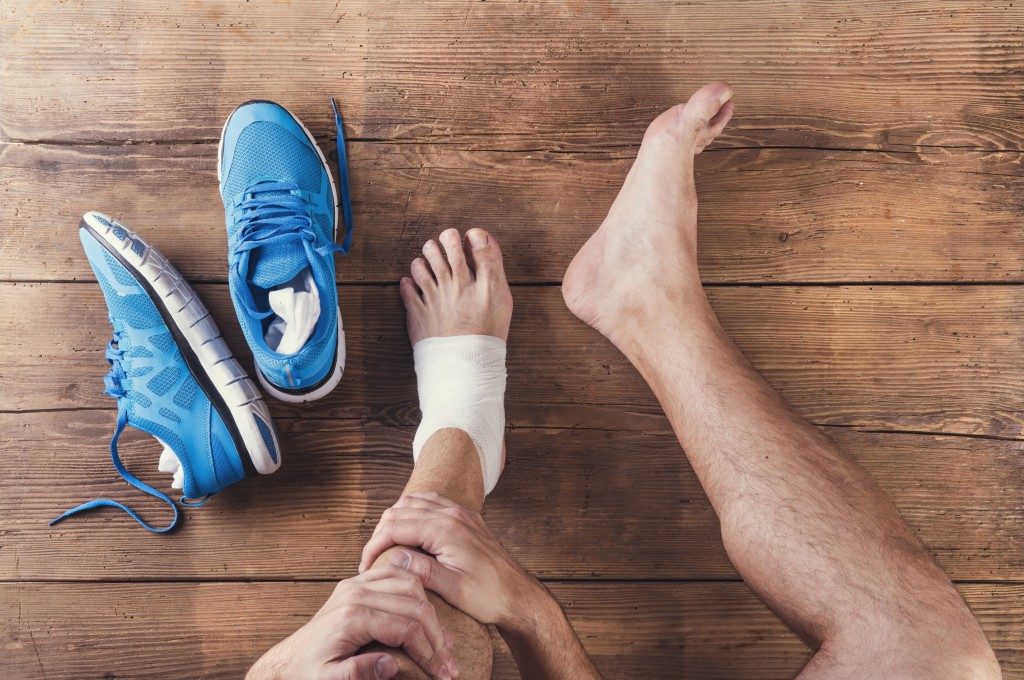Student-athletes in Provo face the challenge of handling rigorous academic needs and meeting high athletic demands. Performing in the field while trying to succeed inside the classroom means increased demand for their time, mental resources, and physical requirements. Suffering from a severe sports injury that requires prolonged recovery time makes the challenge almost unbearable.
Athletes have different levels of resilience, so they respond to injury differently. The most common responses are sadness, irritation, isolation, lack of motivation, frustration, anger, changes in appetite, disengagement, and sleep disturbance. Some athletes might even suffer from anxiety, depression, and substance use disorder after shoulder replacement surgery. Here’s how you can get through these major setbacks:
-
Understand your injury
The fear of the unknown brings injured athletes into a state of anxiety and depression. Understanding every aspect of your injury will save you from these unnecessary fears. Work with your sports doctor or therapist and ask him helpful and comforting questions. Ask about your diagnosis, the purpose of the treatments you’re receiving, length of recovery time, alternative exercises, warning signs, limitations, and available treatment options.
A clear understanding of your injury will help you set proper expectations and realistic goals during the rehab process. It will give you a higher sense of control and reduce your feelings of anxiety. Be honest if you don’t understand something. Politely tell your doctor to slow down, repeat information, or use a common language. Bring someone (a friend, coach, or family member) who can take notes and ask questions that you might have missed. It’s also a great idea to seek a second opinion when you feel uncomfortable with your doctor’s responses.
-
Say yes to social support

Students who suffer from athletic injury feels left out and helpless because the injury robs them out of the limelight. They think that they will be an additional burden to their family and friends or a downer in their team. They feel insignificant because they are unable to fulfill their role on the team or even practice with their teammates. From being the fastest runner, they became invisible and felt that they no longer fit in. But social support is vital in coping with a sports injury, developing motivation for rehabilitation, and maintaining your overall well-being.
Share your anxieties and fears with other athletes who had the same experience. They are credible persons who can assure you that life doesn’t stop because of a single injury. You might feel suddenly different, vulnerable, and worthless, but you are probably the sole person on the team who holds such a perspective. While you have to endure the pain of your ripped cartilage or broken bones, you don’t have to carry the emotional burden alone. Be visible and maintain your contact with positive people and supportive family members. They will help you speed up your recovery and lessen your mental anguish.
Getting injured and missing your favorite sport is difficult, but it doesn’t make you weak, insignificant, and unwanted. You have to move beyond the negative and deal with the injury with grace and resilience.

